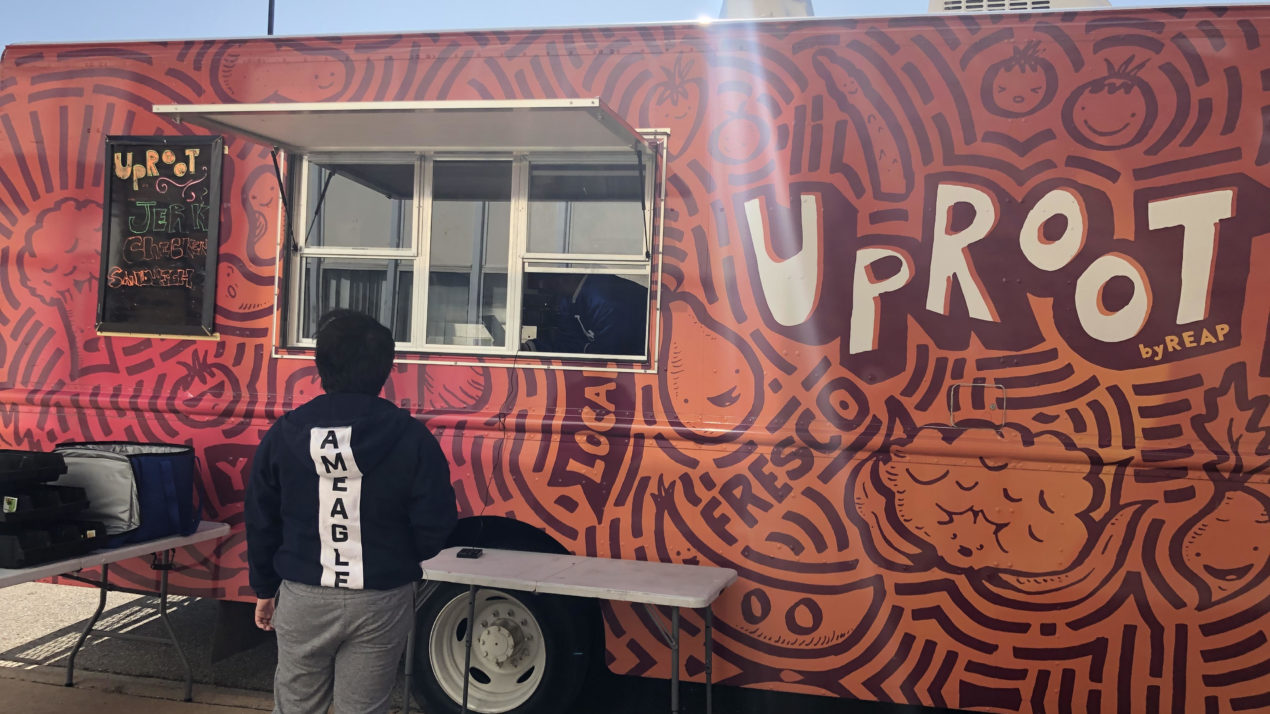
REAP Food Group staff and board are thrilled to welcome Phil Kauth as their new Executive Director. After earning a Ph.D. in Horticultural Sciences, Phil spent eight years working with the Iowa-based non-profit Seed Savers Exchange. As Director of Preservation, Phil led a team that stewarded a living collection of 25,000 open-pollinated seed and plant varieties and a historic apple orchard. With Seed Savers Exchange, Phil’s work fused his scientific training with the organization’s mission to preserve and share seeds, their integrity, and culturally significant stories. “For communities to have control over their foodways, they need to have control over the seeds they want to grow and share,” Phil explains.
In pursuit of REAP’s mission to make healthy food grown well, accessible to all, and in a manner that honors communities’ agency over their foodways, Phil brings open ears and a collaborative spirit. He embraces a leadership style that emphasizes learning and building trust to maximize the values and strengths people bring to the table, and he draws from experiences partnering with historically underrepresented groups. Phil’s work with Seed Savers Exchange has included collaborations with Asian American farmers on the West Coast searching for linkages to ancestral food crops, the Indigenous Seed Keepers Network to restore seeds to tribal communities, and the organization’s multi-disciplinary collaboration, the Heirloom Collard Project.
“REAP has exciting times on the horizon and happily welcomes Phil Kauth to lead the organization into the future,” says Nan Fey, REAP Board Chair. “His experience and character will be a great fit for REAP and its community partners.”
Phil joins REAP Food Group during a transformative time as they leverage growing donor support to propel their work in farm-to-school, farm-to-business, grant writing, community outreach, and advocacy for good food policy.
“As a Wisconsin native, I’m excited to return to my home state with my family,” says Kauth. “I am thrilled to be in such a thriving, supportive community, and to build a community around food.”

